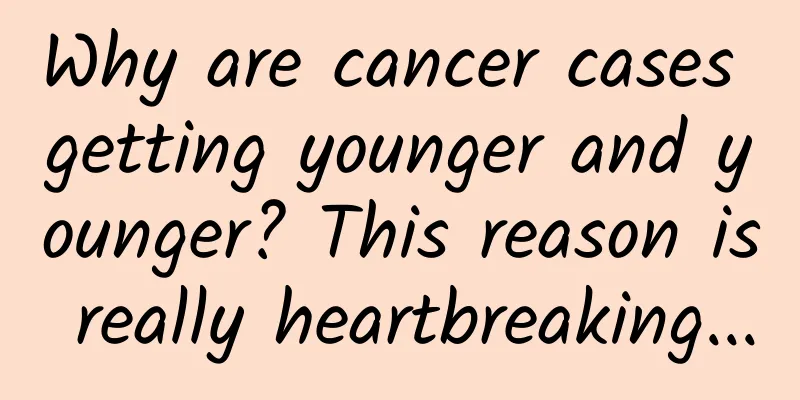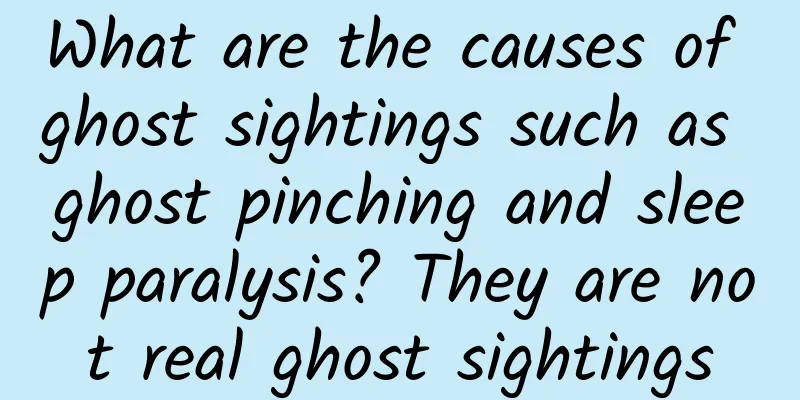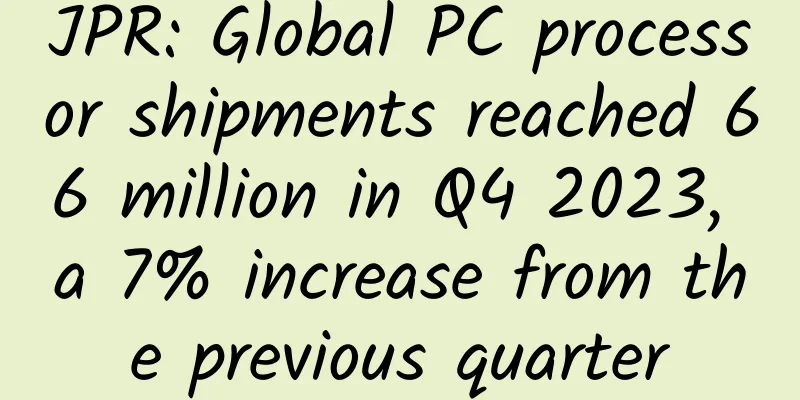Why are cancer cases getting younger and younger? This reason is really heartbreaking...

|
Compiled by: Gong Zixin In recent years Research data in related fields show Cancer is becoming younger Over the past 30 years Globally, new cancer cases among people under 50 have increased by 79%. Cancer deaths increased by 27.7% now A new study may explain Why cancer occurs more frequently at an earlier age Younger generations are aging faster, which could lead to an increased risk of cancer, according to a study released today at the annual meeting of the American Association for Cancer Research in San Diego. The researchers found that people born in 1965 or later were 17 percent more likely to experience accelerated aging compared with those born between 1950 and 1954. Among adults under 55, faster aging was associated with a higher risk of early-onset cancer, the findings showed. "Multiple cancer types are becoming increasingly common among young people around the world," said Ruiyi Tia, a doctoral student and researcher at Washington University School of Medicine in St. Louis. "Understanding the factors driving this increase will be key to improving cancer prevention or early detection in younger and future generations." For the study, the team analyzed blood data from nearly 149,000 people who participated in the UK Biobank. They used nine biomarkers found in the blood to calculate each person's biological age, or how old a person is based on the participant's physical condition. The researchers then compared this data with the participants' actual ages and any cancers they had ever developed, based on their dates of birth. The results of the study found Individuals with accelerated aging showed higher risks for early-onset lung cancer, early-onset gastrointestinal cancer, and early-onset uterine cancer, with increases of 42%, 22%, and 36%, respectively. In addition, among older adults, accelerated aging was associated with a 16% increased risk of late-onset gastrointestinal cancer and a 23% increased risk of late-onset uterine cancer. "By studying the relationship between accelerated aging and early-onset cancer risk, we are providing a new perspective on the common causes of early-onset cancer." The researchers added: "If confirmed, our findings suggest that interventions to slow biological aging may be a new avenue for cancer prevention, and that screening efforts tailored to younger people who show signs of accelerated aging may help detect cancer earlier." Next, the team will further investigate why younger people age faster and why this increases their risk of cancer. The cover image and images within this article are from the copyright gallery (or copyright holder). Any reproduction or use may lead to copyright disputes. |
<<: Why are you no longer hungry after being “overhungry”?
Recommend
Don't stop me, I'll go buy some fruit after work! I'm so strong now!
One of the happiest things in summer Just lying o...
Yakeshi SEO Training: What traps should you avoid when exchanging friendly links?
In the process of website optimization, the const...
Scientific Q&A about the new coronavirus: Do you know about Wuhan pneumonia?
1. How long can the new coronavirus survive in a ...
The sharp increase in downloads of multi-screen interactive applications is expected to give birth to a new market
With the popularity of Internet TV, the interacti...
Why are the input fields of QQ and WeChat different? Read this in-depth analysis!
There are no absolute standards for many issues. ...
Why is your SMS conversion rate always so low?
Only by constantly analyzing and comparing the dat...
How to plan a hot-selling promotion event that will sweep the screen?
Every operator hopes to plan a hit event that wil...
The copy is gorgeous, but there is still no conversion rate? You need to understand this principle
There is a very common phenomenon in the copywrit...
Decoding the consumer psychology used by Pinduoduo in its promotions
You know exactly what to do to succeed, and then ...
[Exercise Prescription] Exercise is the best medicine! How to exercise for 9 diseases?
Doctors prescribe drugs to patients, and everyone...
Today is New Year’s Eve丨This New Year’s blessing comes from 325 million kilometers away!
today The 29th day of the twelfth lunar month Lun...
Short video information flow picture material optimization case
In recent years, disputes in the short video indu...
If your product has no unique features, how can you attract users’ attention?
Among a bunch of products with similar selling po...
With so many H5s at the end of the year, why do Alipay and NetEase Cloud Music dominate your circle of friends?
At the end of the year and the beginning of the n...
A Douyin video makes a brand popular! How to use information flow to achieve wild growth?
Growing up is often painful, but learning smartly...





![[Practical] How to create a Facebook ad?](/upload/images/67cc1abe9d4ab.webp)



